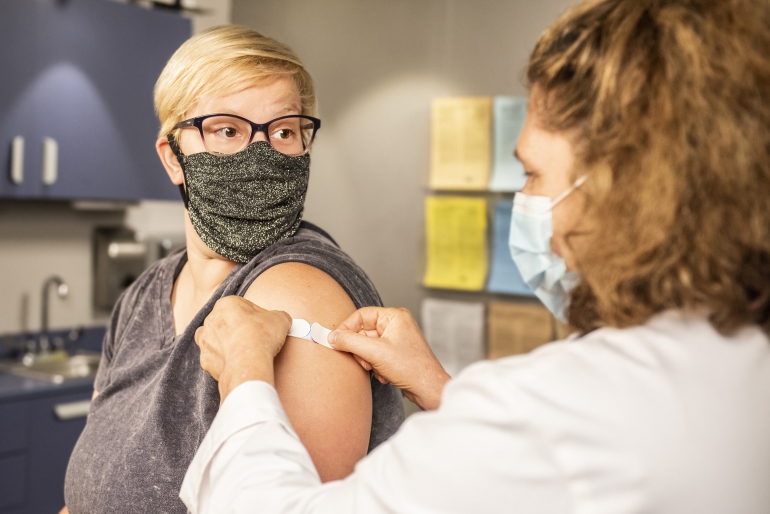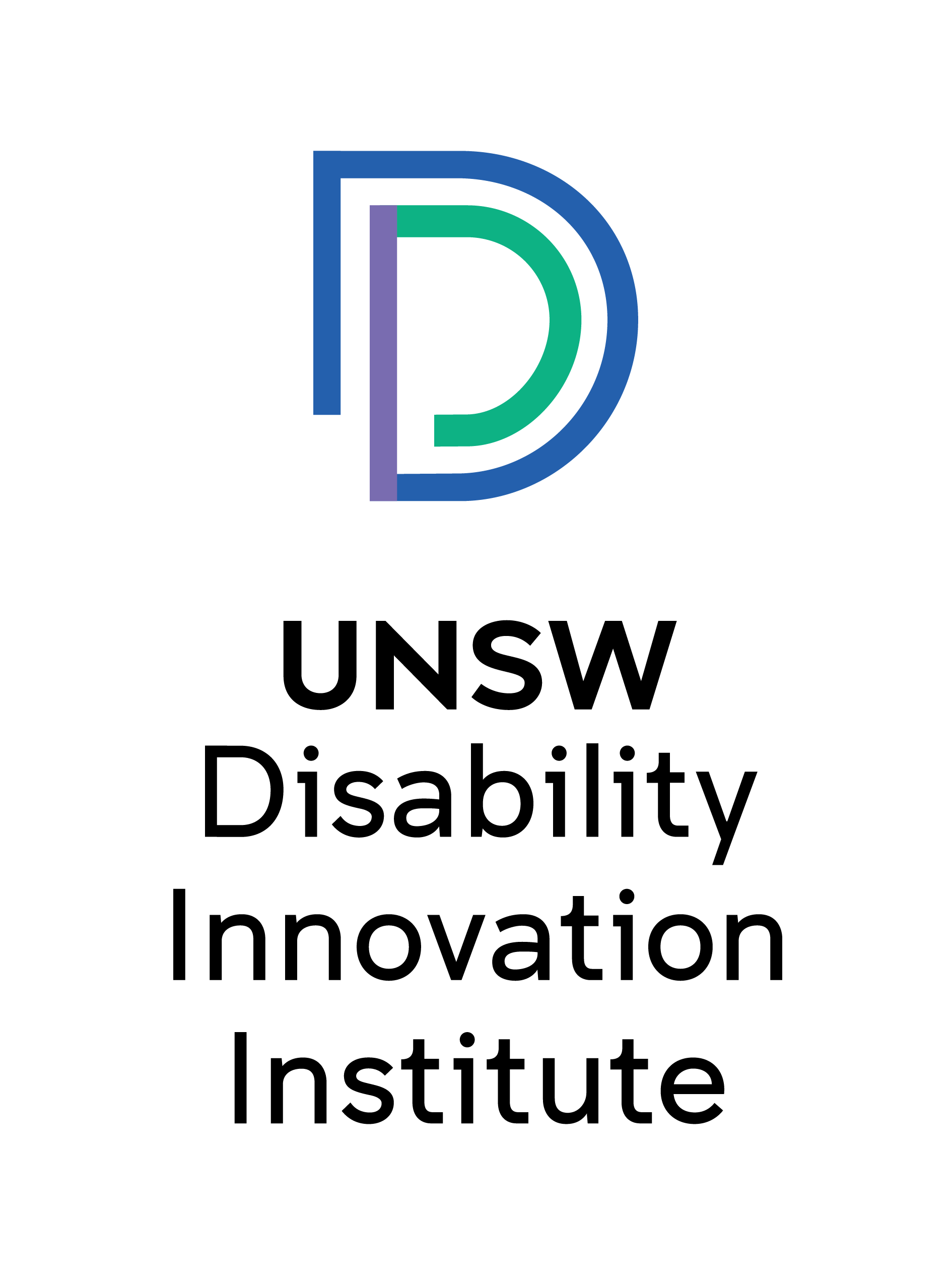Concerns about the prioritisation of disabled people, or lack of it, have rumbled throughout the pandemic. Very early on it became clear that people with disability are at increased risk not just of infection with the SARS-COV-2 virus but, if they do become infected, experiencing severe illness and higher rates of death. Sometimes this is because they have underlying health conditions, which may or may not be directly linked to their disability, that make them more vulnerable.
But there has been a growing realisation that the increased vulnerability of people with disability to COVID is also due to non-clinical factors. All the statistics show that disabled people globally are more likely to be poor and socially isolated. It is often not realised that people with disability may have little control over exactly who they come into contact with every day. Many disabled people have support workers who come into their homes to provide essential services, while people in residential settings may have no option than to be exposed to carers who operate across numerous homes and services, increasing potential for spread of infection. More subtly, effective social distancing can be virtually impossible for people with visual impairments. Face masking is a very effective barrier to communication for those dependent on lipreading and can deter them from asking for help if they need it.
Last year, disabled people's organisations pressured the Federal Government into producing a Pandemic Management and Operational Plan for People with Disability. The Royal Commission on Disability held a hearing dedicated to the impact of COVID and heard evidence of the continued exclusion and neglect of people with disability in pandemic response plans.
At every point, it seemed that people with disability were an afterthought, only included in planning when authorities were reminded of their existence – and their rights. As we moved towards vaccine development, the disability community argued successfully for the most at-risk groups of disabled people (and their support workers) to be prioritised in the first phase of Australia's vaccination plan.
Amidst the disarray and multiple changes of direction in the rollout this priority has got lost. Figures released in late June from the Federal Government indicated that only 5,000 residents in disability care (under one in five) had been fully vaccinated against COVID-19. In the current Delta variant outbreak in Sydney, COVID has already reached one disability care home.
Given the greater risk to people with disability, there have been calls to ensure they not only have priority access to vaccination but should be able to discuss with their health advisors whether they want to wait for the Pfizer vaccine or go for the more readily available AstraZeneca. As Sam Connor, President of People With Disability Australia, has commented, "Some people with disability prefer Pfizer as an option, regardless of their age, but others younger than 60 want AstraZeneca now so they can be protected against dying from the virus."


